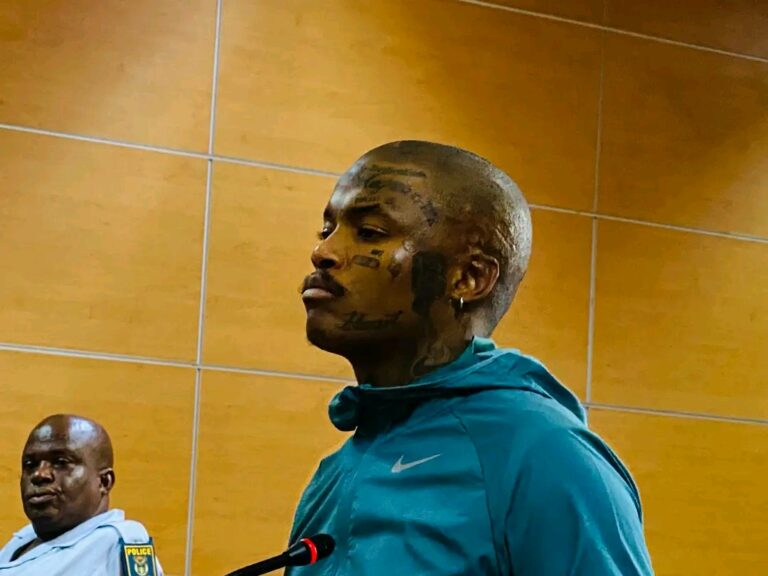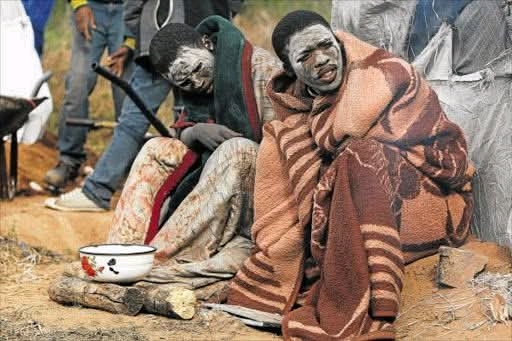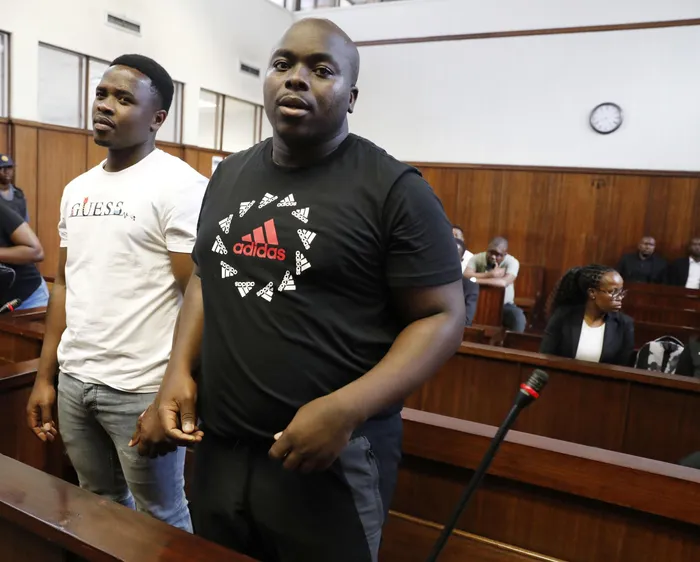
Pretoria-based musician Tebogo Mashego, popularly known for his viral hit “Biri Marung,” has once again sparked heated discussions on social media after releasing a video in which he claims the Scorpion Kings—DJ Maphorisa and Kabza De Small—owe him a staggering R23 million in royalties.

The amapiano artist, who has trended several times over the past year, stunned his fans and critics on Saturday, 20 September 2025, when he took to Instagram to publicly demand payment from the award-winning DJ duo. According to Mashego, the Scorpion Kings profited from both streaming royalties and live events where “Biri Marung” was performed, but he allegedly received no compensation.
Struggles in Nigeria and Return to SA
This isn’t the first time Mashego’s name has been in the headlines. Just days earlier, he made a desperate appeal for donations while stranded in Nigeria, saying he had run out of funds. The emotional video quickly went viral, sparking sympathy and ridicule in equal measure.
His fortunes shifted when fellow musician DJ Karri stepped in to purchase a plane ticket for him, allowing Mashego to safely return to South Africa. The gesture earned Karri widespread praise, while Mashego’s latest claims against the Scorpion Kings reignited debates around exploitation, royalties, and transparency in the music industry.

Silence from DJ Maphorisa
When approached by Briefly News on Sunday, 21 September 2025, DJ Maphorisa, whose real name is Themba Sekowe, was unavailable for comment. Kabza De Small has also remained silent, further fueling speculation and division among fans.
While some social media users have expressed support for Mashego, insisting that artists deserve fair compensation for their contributions, others have dismissed his R23 million claim as exaggerated. Critics argue that it is highly unlikely for a single track to generate such figures, even when factoring in streaming and live performance revenues.
Mixed Reactions Online
Mashego’s video has drawn strong responses across platforms like X (formerly Twitter), with users divided between empathy, skepticism, and outright mockery.
One user, @x.0110.z, suggested the dispute reflected “spiritual warfare” and praised Mashego’s courage for speaking out. Another, @Princessmamok, highlighted Mashego’s comments about being pressured into things he did not agree with, suggesting deeper issues behind the feud.
Others were less sympathetic. @justeazyk scoffed at the R23 million figure, writing: “A good song makes R7 million max across all streaming platforms. R64 million over one song? That’s laughable.” Meanwhile, @Andile_Montero criticized Maphorisa for collaborating with younger, less experienced artists, while @_StrangeOpinion compared Mashego’s complaint to crying over a song recorded with “seven other artists.”
Despite the mockery, some users showed solidarity. @therealmasupa urged fans not to ridicule the musician, while others praised his determination, saying his ancestors and faith would guide him through the dispute.
The Bigger Picture
The saga has reignited a broader conversation in South Africa about artist royalties, exploitation, and the financial structures behind the booming amapiano genre. While Mashego’s demand for R23 million may appear excessive to some, his case reflects the growing frustration of many up-and-coming musicians who feel sidelined in an industry dominated by powerful figures.
For now, Mashego’s claims remain unverified, and the silence from the Scorpion Kings leaves more questions than answers. Whether this dispute leads to legal action or simply fades as another viral controversy, it has already made one thing clear: the fight for fairness and transparency in South Africa’s music industry is far from over.






